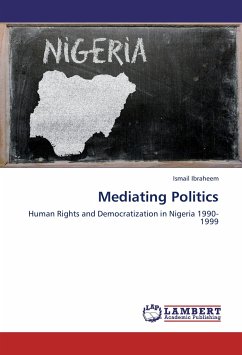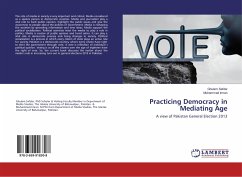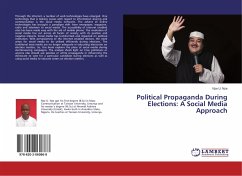The mass media, through their structure and orientation, influence political contests between actors. By providing access to different groups , individuals and institutions, the media contribute to domestic empowerment or disempowerment in democratisation. Through issues raised and organisations used as sources of news, human rights influenced the coverage of democratisation in Nigeria as evinced by the discourses on the June 12, 1993 Presidential Election and the Ogoni crisis in 1995. This study makes a powerful case for the theorisation of democratisation in Nigeria between 1990 and 1999 as a communication process. The author argues stridently that theorisation of democratisation as a communication process contributes to our knowledge of the relationship between human rights, media and politics in the context of Nigeria.
Bitte wählen Sie Ihr Anliegen aus.
Rechnungen
Retourenschein anfordern
Bestellstatus
Storno








